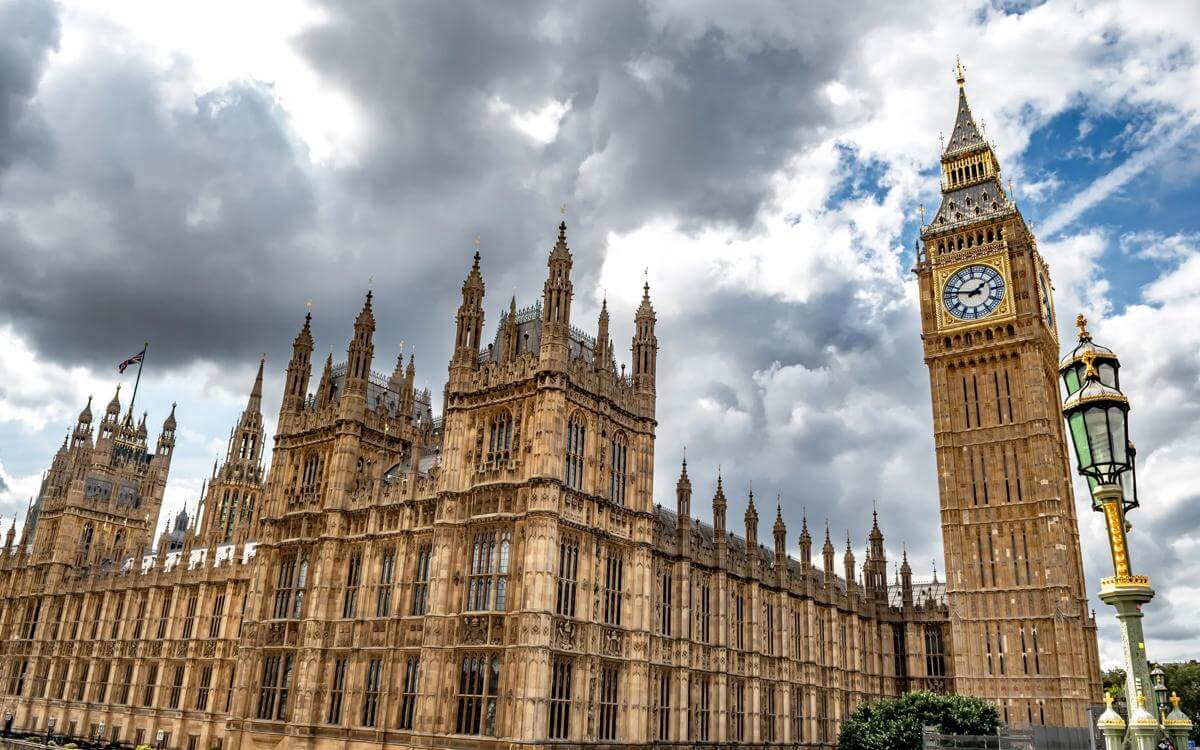First published by Thomson Reuters on 4 January 2022.
Earlier this year, the government recommended that the Financial Conduct Authority (FCA) bring "competitiveness" back into its regulatory agenda.
In a letter to the FCA, the government stated that it wanted the UK to be "globally competitive" while encouraging the FCA to "promote competition" in financial services, but are these goals aligned? How will this affect firms, and what are the consequences of a more competitive UK? First, one should look at the distinction between increased "competitiveness" and "competition".
Competitiveness vs competition
Making the UK more "competitive" implies an intention to make it a more attractive base for businesses - the "epicenter" of the financial markets. There is however a possibility that encouraging the competitiveness of the UK market will involve reducing competition within it. After all, some of the world's most successful companies have a stronghold in their respective markets.
A lack of competition breeds "success". There is an argument to be made that in order to create, or encourage, more of those types of businesses to migrate their business to the UK, a reduction in competition is required.
So how do we decrease competition? We remove regulation. Talks of making the London market competitive often infer seducing international business through decreased regulation, and it is well known that increased regulation can stifle competition. For example, the Competition Markets Authority (CMA) produced a review of "Regulation and Competition" in 2020, which highlights that side effects of regulation include:
- Limiting the number or range of firms in the market;
- Restricting firms' ability to compete;
- Reducing incentives to compete; and
- Limiting the choices and information available to customers.
De-regulation will be considered a necessary consequence of wanting to increase competitiveness, which could have devastating consequences for an already wide inequality gap.
Inequality
Social and economic inequality has been on the rise for some time now. The ONS states that in the ten years leading up to the end of the 2020 fiscal year, income inequality increased by 2.2%. Similarly, the ratio of the total income received by the richest 20% of people compared to that received by the poorest 20% is at its highest since 2008.
Competition in the markets is generally associated with a fairer society, is promoted by governments and continues to be something that is celebrated. The financial crisis, however, caused policymakers to reconsider encouraging 'competitiveness'. It was removed from regulators' objectives as it was thought that it contributed to the 2008 crisis.
In their letter to the FCA, the government reminds the FCA that one of its objectives is to promote effective competition in the interests of consumers. However, there is an assumption being made that competition will benefit consumers. As well as a somewhat cognitive dissonance - forgetting the caused widespread peril it once caused.
In addition, as noted above, increasing competitiveness may involve de-regulation. Which may lead to more entrants in the market, and thus lower consumer costs, but it can also lead to poor quality services, and as history has shown, oligopolies and the odd financial crisis.
In fact, studies have shown that inequality creates competition. A study on "Financing Inequality" conducted by Oxfam at the request of the FCA in 2017 highlighted that "Inequality and financial de-regulation 'should be seen as the two sides of the same coin' as the 'development of an unregulated financial sector and the rise of inequalities are likely to be two dynamics feeding each other and creating financial instability and possibly financial crises'."
Others have argued that competition and inequality they are one in the same thing. For example, studies have found that "an unequal concentration of income might provide higher incentives for people to innovate or accumulate capital, thereby driving up growth".
Political economist Will Davies states that "For several years, we have operated with a cultural and moral world view which finds value only in 'winners'.
Our cities must be 'world-leading' to matter. Universities must be 'excellent', or else they dwindle. This is a philosophy that condemns the majority of spaces, people and organisations to the status of 'losers'."
This reminds us that competition implies that there are winners and losers, and as Davies points out: "Why would it be remotely surprising, to discover that a society in which competitiveness was a supreme moral and cultural virtue, should also be one which generates increasing levels of inequality?".
Competition and society
More broadly, competition implies winners and losers, and some would argue that inequality is a natural consequence of it. Studies have been conducted that illustrate that this is the case. Moreover, it's safe to say that life for the average person would be a lot more stressful if we competed for everything. Competition makes people less cooperative. It promotes self-interest and reduces willingness to contribute to public goods, which will ultimately leave society worse off.
Although the intent isn't to have competitiveness seep into our social norms, it is not difficult to conceive that it could be an unfortunate consequence. There should be a concern as to how it might impact our commitment to becoming a net-zero economy and environmental, social and governance (ESG) principles more generally. Decreased regulation will, in turn, lead to decreased governance, but moreover, it could disincentivise commitments to the S and G too.
There are plenty of situations where competition is considered to be a moral bad, particularly when it comes to social matters (think Hunger Games). Unethical practices in the corporate world are often blamed on 'greed', but competitive pressures can also incentivise unethical behaviours. There is a risk that a return to 'competitiveness' may mean that the UK financial sector ends up losing momentum in its ESG journey.
The lobby group TheCityUK is said to be the reason behind this push towards competitiveness. In its international strategy, "Making the UK the leading global financial centre", calls for the UK to build its capabilities in the ESG markets.
In particular, it references creating "global ESG disclosure standards and more interoperability of ESG taxonomies". Arguably, enhanced disclosure recruitments will increase competition as consumers can make better-informed investment decisions. However, where there is a conflict between promoting sustainability and competitiveness, it is unclear which goal will come out on top. The UK is " no way near" meeting emissions targets agreed at COP26.
Competitiveness could be another stumbling block on the road to net-zero.
In future, the UK financial services sector will need to be mindful of the conflicts of interest competitiveness might create. For example, how will increased competitiveness incentivise aligning with ESG standards and principles? Is it possible for the UK to become a headquarters for ESG while subsequently having a 'light touch' approach to regulation? Will it be plausible to hold ourselves out as the ESG capital, offering advisory support on sustainability and governance while simultaneously reducing regulatory requirements for our own firms?
Crucially, it is still unclear whether it should it be the FCA's responsibility to promote the competitive of the UK financial services industry, given its primarily function as the regulator. We need to consider how that conflict may be perceived internationally – does it represent a critical lack of governance on our part?
Either way, whether FCA will have the capacity to promote the financial services industry, while it looks to effectively manage its new commitments to diversity and inclusion and ESG more broadly, remains to be seen.
Contact

Mark Hickson
Head of Business Development
onlineteaminbox@brownejacobson.com
+44 (0)370 270 6000







































